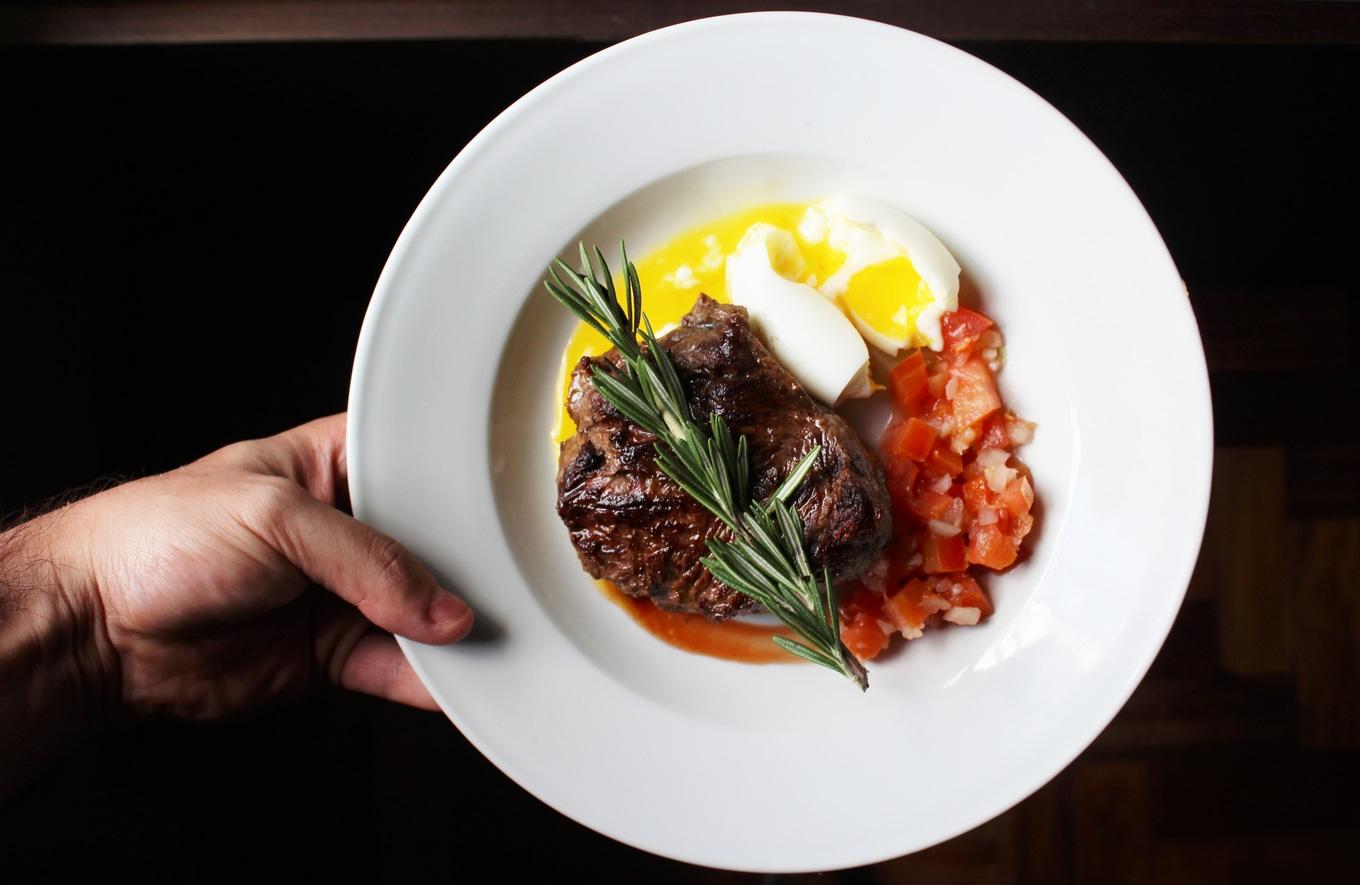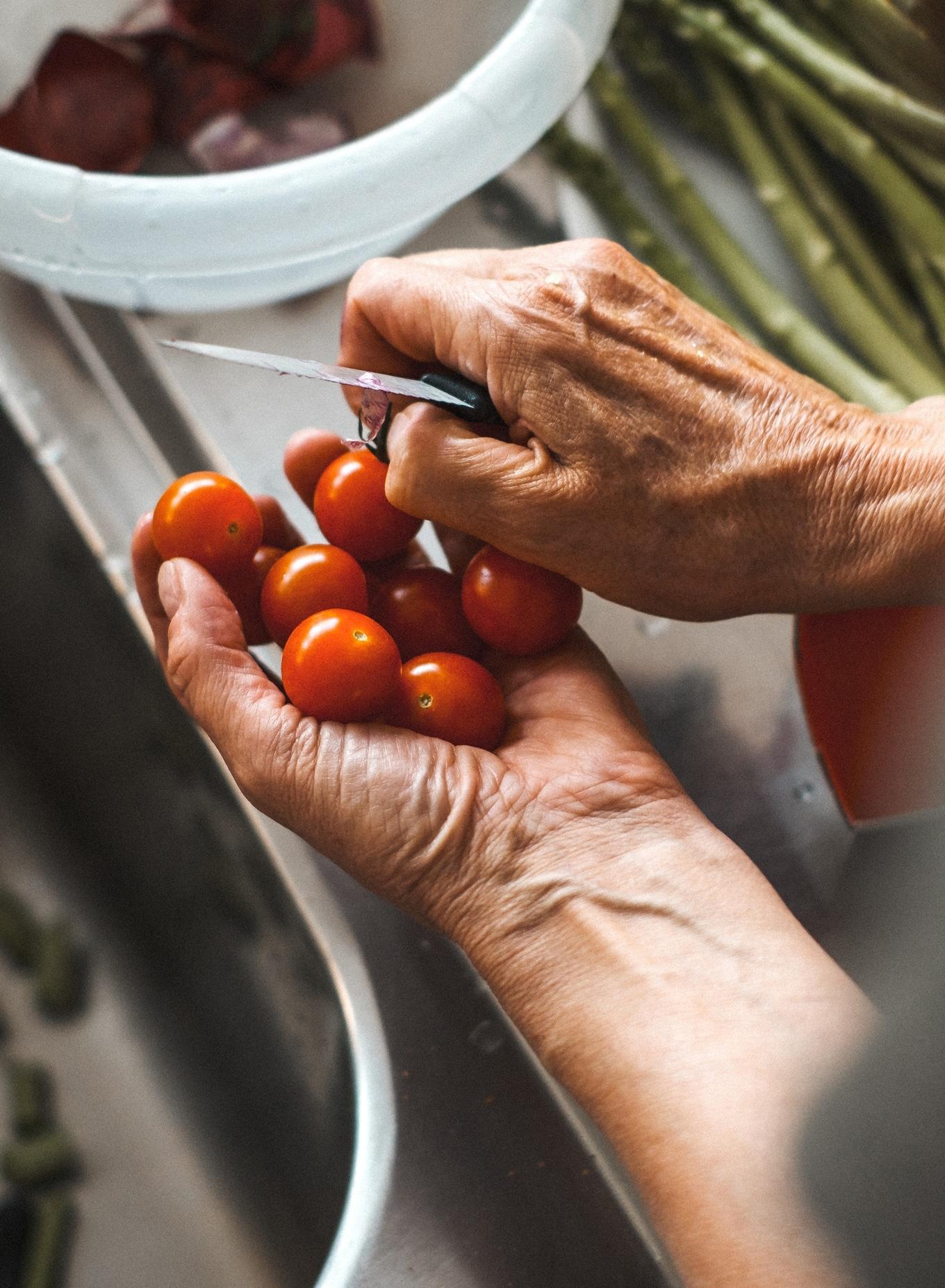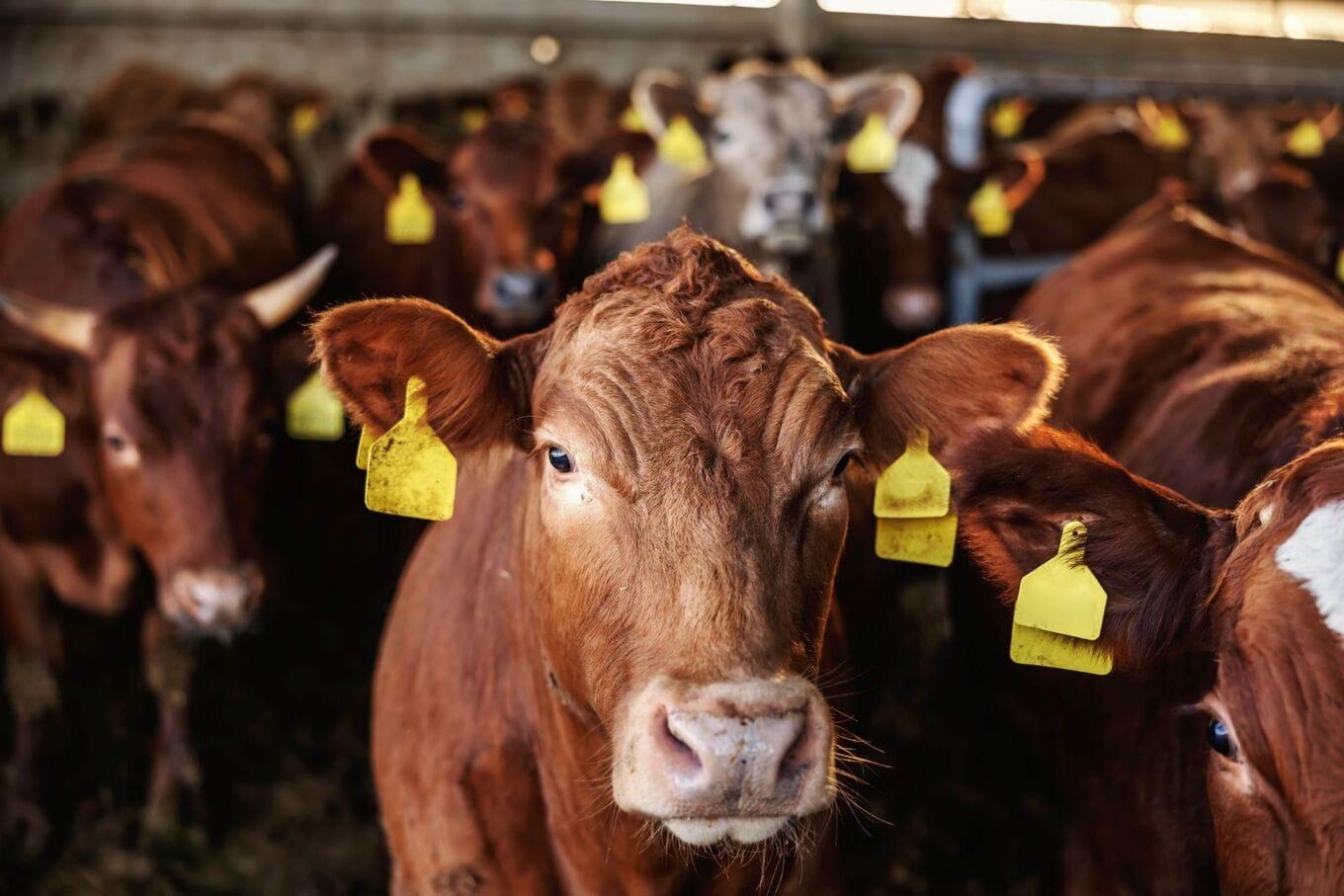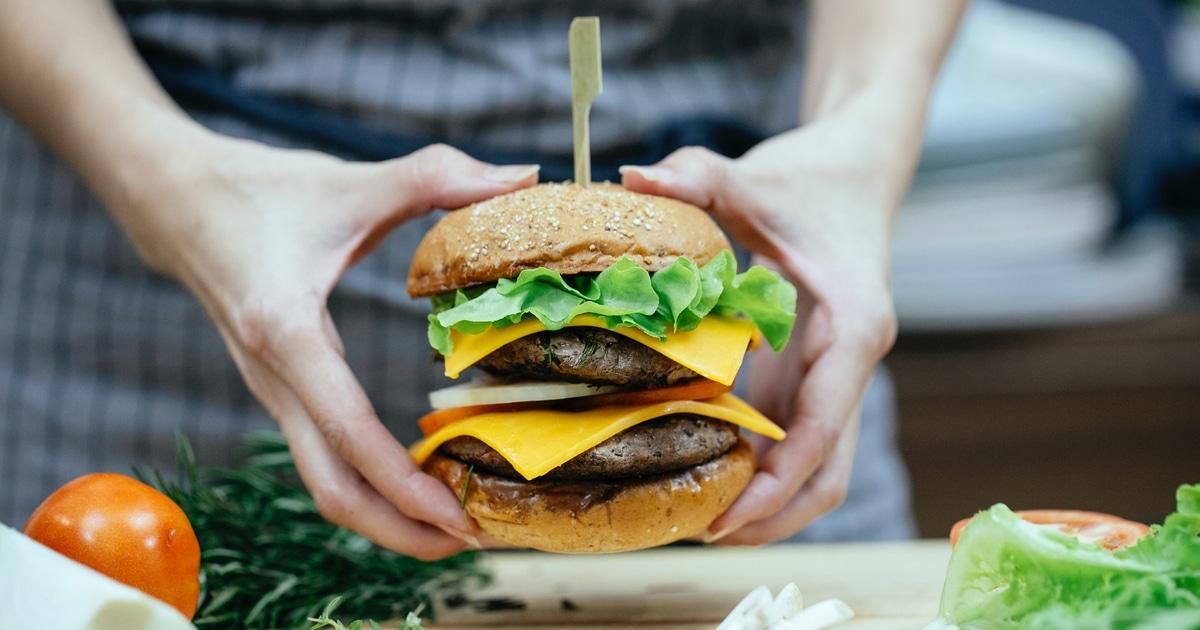A latest media evaluation has uncovered a big discrepancy between main media retailers’ public commitments to climate-responsible reporting and the content material of their recipe sections.
Performed by the Higher Meals Basis (BFF) with assist from Sentient Media, the evaluation discovered that roughly 63 p.c (5 out of eight) of the recipe sections in mainstream media retailers in the US and United Kingdom predominantly function meat-based dishes, that are well-known contributors to environmental degradation.

Eduardo Roda Lopes/.Unsplash
Laura Lee Cascada, BFF’s Senior Director of Campaigns, emphasised the function of media in shaping public discourse and identified the necessity for these organizations to take a complete method to local weather reporting.
“Mainstream media is a big contributor to social norms,” Cascada tells VegNews. “In the event that they take their accountability to local weather reporting significantly, additionally they want to take a look at the suggestions they’re allotting to their readers by their recipe sections.”
A confirmed technique for a plant-based shift
The Related Press, The New York Instances, The Washington Put up, Yahoo Information, BBC, The Guardian, The Impartial, and ITV have been all analyzed as a part of the report.
The examine discovered that solely three out of the eight media retailers—Yahoo Information, The Washington Put up, and The Guardian—featured meat in lower than half of their recipes.
Moreover, whereas just a few retailers, like The Guardian and The Washington Put up, have proven a willingness to curate extra climate-friendly recipes, the bulk stay non-committal.
Presently, the recipe sections of main retailers within the US and UK are composed of solely 16.4 and 11.6 p.c absolutely plant-based recipes, respectively. Cascada introduced a collection of suggestions beneath a technique designed by BFF referred to as DefaultVeg to assist reconcile the famous disparity.
 Geraud Pfeiffer/Pexels
Geraud Pfeiffer/Pexels
DefaultVeg has been efficient in serving to school and company cafeterias (and the individuals who dine there) embrace plant-based choices by an method that, as its identify suggests, presents these choices because the normalized default.
One success story has been on the LinkedIn workplace in San Francisco, the place the DefaultVeg pilot program helped its company cafeteria transition to 65 p.c plant-based choices, a transfer ahead for slashing each LinkedIn’s carbon footprint and that of its foodservice supplier Sodexo.
Cascada believes this method may work for media retailers, which she advises to take care of a ratio of not less than 2-to-1 for plant-based versus animal-based recipes.
“For each omnivorous entrée, there needs to be two vegan recipes, or on the very least one vegetarian and one vegan,” Cascada explains.
She additionally recommends that plant-based choices needs to be introduced first by default inside search outcomes and every assortment of recipes. This might act as a easy behavioral nudge in the direction of extra climate-friendly choices.
What would this appear to be? Cascada means that retailers may emphasize plant-based grillables for summer time barbecue options or spotlight roasted squash and vegan mashed potatoes for Thanksgiving.
To supply readability to the readers, Cascada recommends including a local weather rating to every recipe primarily based on the emissions depth of its substances.
 Tim Douglas/Pexels
Tim Douglas/Pexels
“This shift won’t solely assist mainstream media higher align with their very own local weather reporting values but in addition normalize climate-friendly consuming due to the big impression media has on widespread tradition and habits,” Cascada says.
Extra sustainable journalism
Two years in the past, Condé Nast-owned recipe web site Epicurious made a landmark determination to exclude beef from its recipes, articles, and newsletters in a transfer described as “not anti-beef however slightly pro-planet.”
Epicurious Senior Editor Maggie Hoffman and former Digital Director David Tamarkin defined that whereas recipes and articles about beef printed in 2019 would stay on the location, the publication wouldn’t create new content material that featured beef.
 Piero Istrice/Unsplash
Piero Istrice/Unsplash
Nevertheless, the BFF report discovered that not many publications have adopted go well with. And even Epicurious’ execution has been inconsistent. Based on the report, Epicurious printed a beef-containing lasagna recipe lower than two weeks after its 2021 announcement. Its sister web site, Condé Nast-owned Bon Appétit, continues to publish beef recipes, as nicely.
Whereas nearly all of media retailers have but to align their recipe sections with their local weather commitments, a minority are starting to acknowledge the necessity for change.
Cascada factors out that there’s “proof of willingness from the media to deal with this problem,” however these are remoted examples and don’t signify a broader trade shift.
Belief implications: Gen Z’s rising skepticism
The misalignment between local weather reporting and recipe sections may have vital implications for public belief in media retailers.
 Getty
Getty
Based on a separate report, printed in June by Faunalytics and Sentient Media, most media retailers additionally fail to attach the dots between animal agriculture and the local weather disaster. In an evaluation of 1,000 articles, solely 7 p.c talked about the impression of animal agriculture on the surroundings, whereas six instances as many talked about transportation.
“Provided that animal agriculture’s emissions rival these of the transportation sector, the media’s heavy emphasis on EVs and petrol has obscured the outsized function our meals system performs within the local weather,” Cascada says.
Because the local weather disaster rages on, modern-day moral journalism entails not solely strong, science-based articles but in addition recipe sections that encourage and normalize sustainable consuming habits. Failure to make these adjustments may erode public belief, Cascada warns.
“As Gen Z turns into extra conscious of the hyperlink between animal agriculture and local weather change, they may change into much less trusting of media retailers that ignore this important problem,” she says.
For the most recent vegan information, learn:


